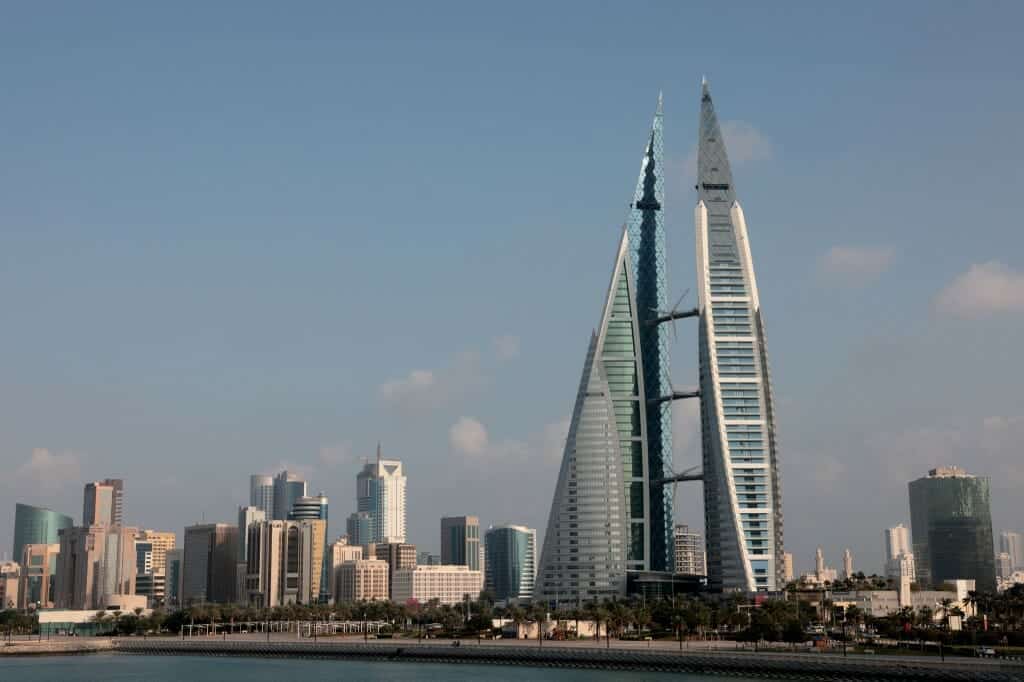The investment climate in the Kingdom of Bahrain is positive and relatively stable. Bahrain maintains a business-friendly environment and a proactive approach to attracting foreign investment and business, the US Department of State statement revealed on Wednesday.
State-owned enterprises (SOE) are the primary engines for growth, but Bahrain aims to expand the private sector’s contribution to the economy to move away from hydrocarbon dependency and promote long-term economic growth. Although Bahrain’s economy was traditionally defined by oil and gas, this sector now makes up less than 20 percent of Bahrain’s Gross Domestic Product (GDP). Mumtalakat, Bahrain’s sovereign wealth fund, is diversified across a variety of business sectors including technology, real estate, tourism, financial services, food and agriculture, and industrial manufacturing. Many of these SOEs operate like private businesses and compete with foreign and domestic businesses in their respective sectors. The Government of Bahrain (GOB) has focused on attracting foreign direct investment (FDI) in the manufacturing, logistics, infrastructure, information and communications technology (ICT), financial services, tourism, health, and education sectors.
According to the Economist Intelligence Unit, Bahrain’s total foreign direct investment (FDI) stock reached $33.8 billion in 2023, up from $32.3 billion in 2022. Annual FDI inflows reported by the Bahrain Economic Development Board decreased from $1.95 billion in 2022 to $1.7 billion in 2023. The financial services, manufacturing, real estate, and ICT sectors have attracted the majority of Bahrain’s FDI.
Rising global oil prices continue to support Bahrain’s budget. The GOB has implemented new policies to address its debt burden, such as increasing the value added tax to 10 percent. Bahrain joined the Organization for Economic Cooperation and Development Inclusive Framework on Base Erosion and Profit Shifting in 2018 and is a party to the Inclusive Framework’s 2021 agreement on the global minimum corporate tax. There is currently no corporate income tax, but the government has said that it expects to present a draft of the corporate tax law in 2024. Inflation has increased moderately, but local prices continue to resist more significant global pressures. Bahrain has weathered the knock-on effects of Russia’s war in Ukraine through diversified supply chains of food and other raw materials essential for critical economic functions, including manufacturing and construction. Rising shipping costs and logistics issues related to the Israel-Hamas conflict and Houthi attacks in the Red Sea have impacted shipping flows related to certain products from Europe but have yet to show macroeconomic impact on local prices and availability given Bahrain’s diversified supply chains. In the wake of the outbreak of conflict between Hamas and Israel on October 7, 2023, certain franchisees and distributors of U.S. brands in Bahrain have reported drops in revenue following calls to boycott brands perceived to be supportive of or linked to the United States and/or Israel.
The government’s long-term development plan focuses on five pillars: (1) creating quality jobs for citizens; (2) streamlining commercial procedures to attract $2.5 billion in yearly FDI by 2025; (3) launching $30 billion in major strategic projects; (4) developing strategic priority sectors; and (5) achieving fiscal sustainability and economic stability, including by extending Bahrain’s Fiscal Balance Program.








